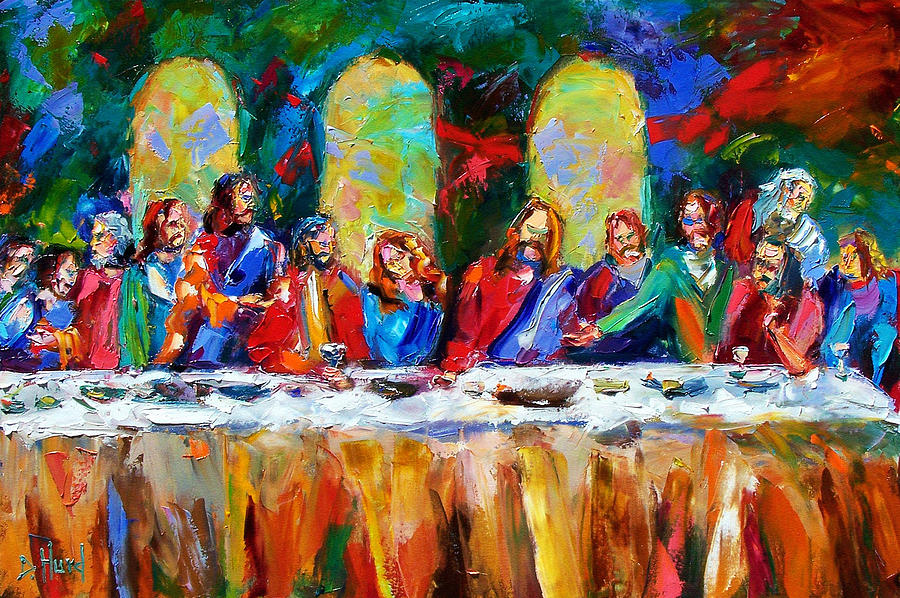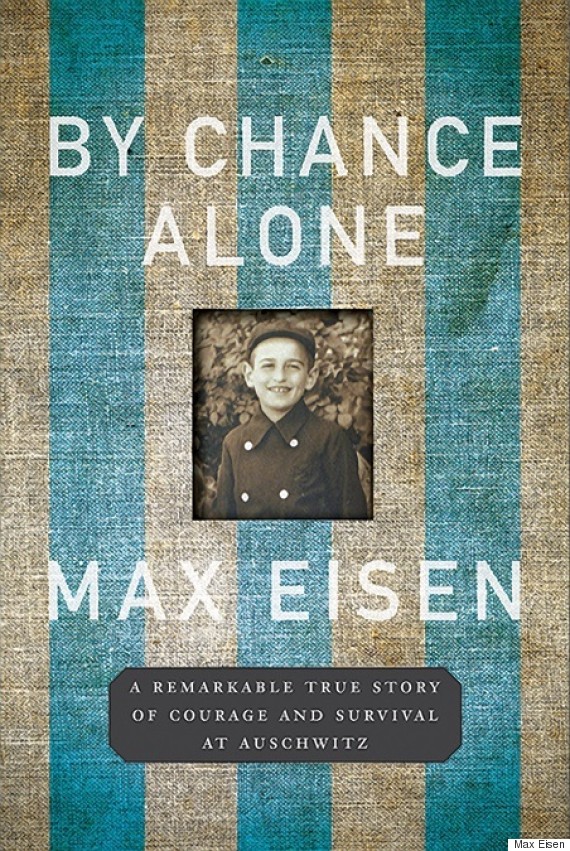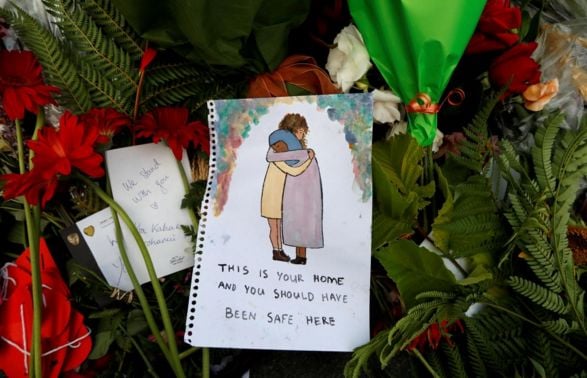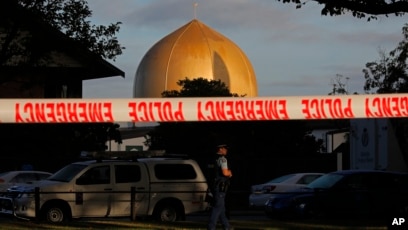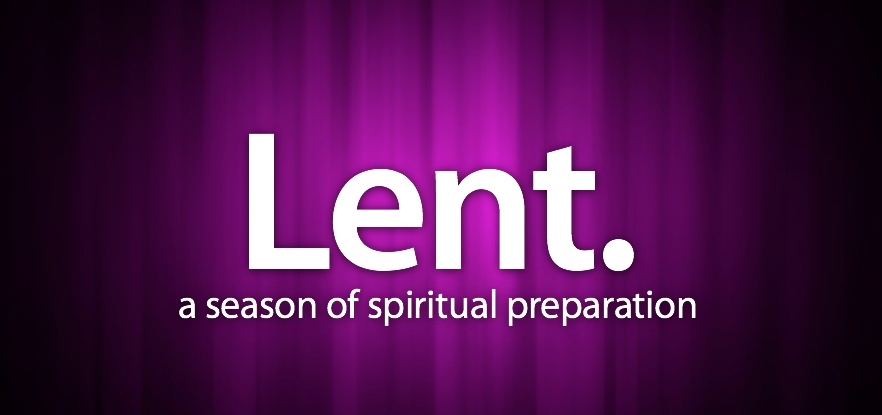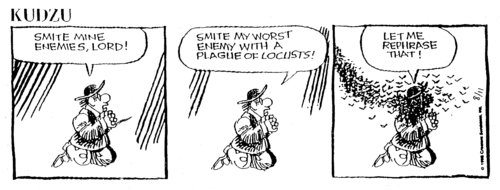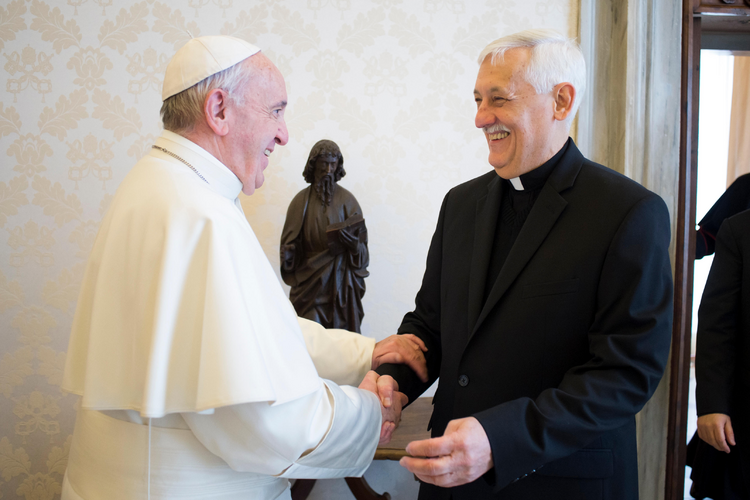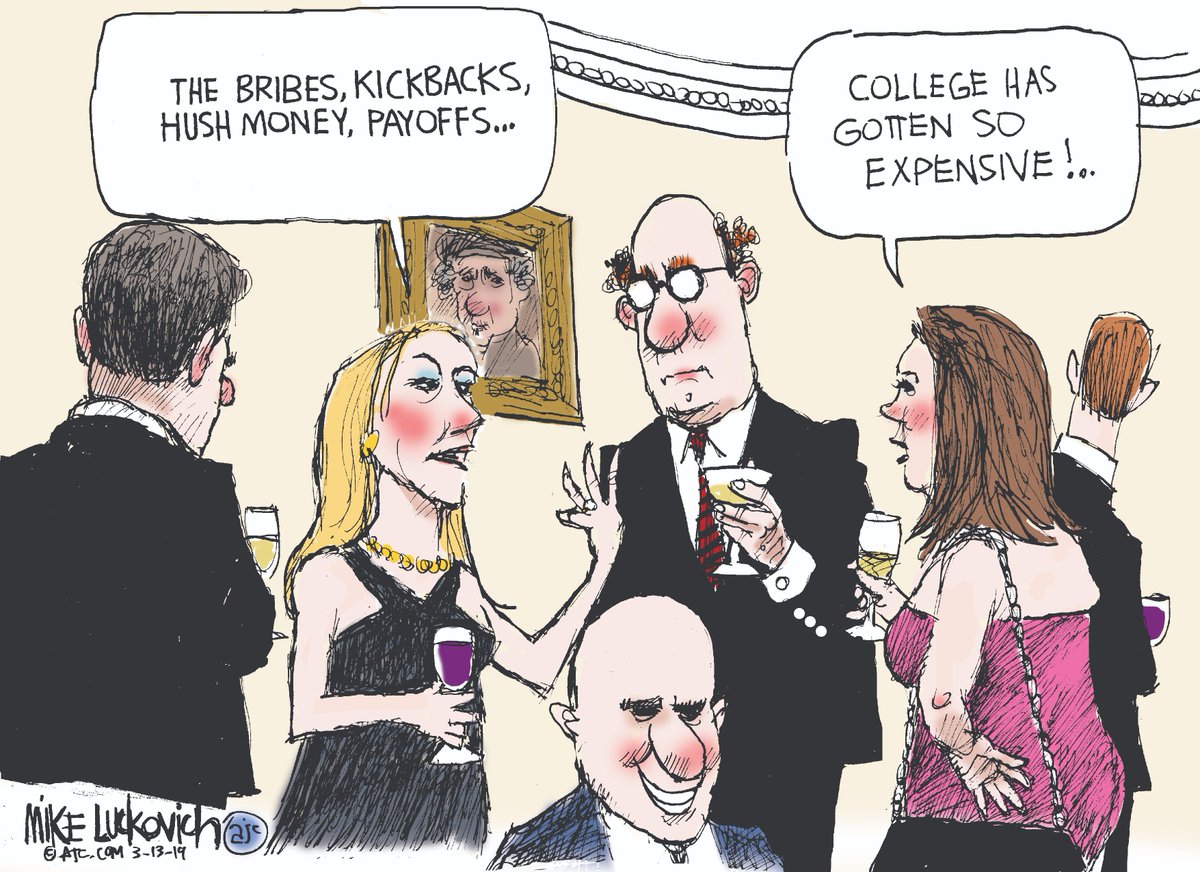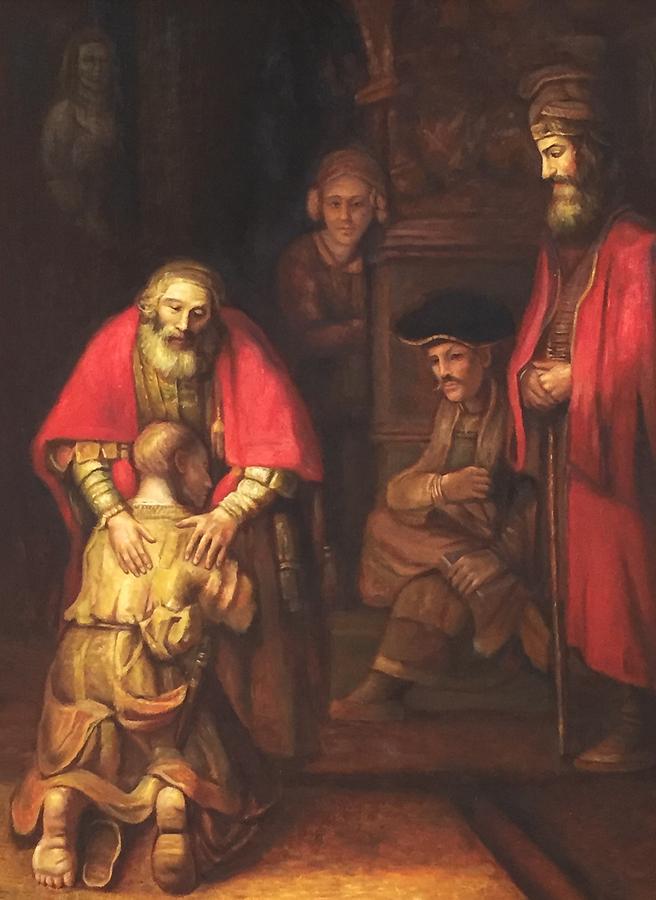
The Return of the Prodigal Son - Rembrant
There was a huge memorial rally in Christchurch New Zealand for the victims and survivors of the recent attack on two mosques which killed 50 and injured many more. The perpetrator was a white supremacist terrorist -- its important to describe what he is.
While the musician once known as Cat Stevens, now Yusuf Islam, received attention for singing his classic Peace Train at the rally, it was the husband of one of the murdered worshipers who got the most press. Farid Ahmed says he forgives his wife's killer, that "I cannot hate him" and that he will pray for him. He survived the mass-killing, but his wife, Hosne Ahmed, was shot as she ran back into the mosque to try to save her husband, who uses a wheelchair. She was 44 years old.
Farid Ahmed
I'm always surprised when forgiveness stories get lots of media attention. Of course this is a terrible incident which has drawn the world's focus and to hear that someone who has been so deeply wronged is willing to forgive is both impressive and mind-boggling. Perhaps it is also because the crime was motivated by hatred and Islamaphobia and Ahmed is a Muslim who is willing to forgive.
Today the lectionary gospel passage is Jesus' parable of the wayward or prodigal son who is welcomed home by his father. It is often preached as a story of radical forgiveness and reconciliation. It is also a story of anger and un-forgiveness on the part of the son/brother who never left his father's side and from his perspective is treated unfairly.
Through the years I had many parishioners talk to me about their real-life challenges with forgiveness after preaching on this passage, and this story wasn't exactly good news for them. The wrongs and grievances they named were often significant to the extent that I wondered if I wouldn't be crushed under the weight of similar circumstances. Still, they came, not to express anger but with a desire to move to a different place in their lives which would involve forgiveness and the possibility of reconciliation. They don't want to lurk in the shadows of abundant living, as with the good son in the background of Rembrandt's iconic painting.
There was an opinion piece in the Globe and Mail newspaper before Christmas with the title Today's Forgiveness Culture is for Suckers. The author begins with the statement "The Prodigal Son’s big brother was right." Then he goes on to mock the notion of forgiveness, at least as he sees it. Well, duh, of course the stay-at-home brother was "right," in that we often have good reason to be angry about personal injustices. This is not a factual account. It is a story Jesus crafted to invite us to consider the different facets of forgiveness and not forgiving, our grievances and the challenges of letting go on the way to reconciliation.
I wonder what the author of the piece (who doesn't deserve to be named) thinks of Farid Ahmed? Is he a sucker in his estimation?
I'm one of the suckers who will continue the journey of Lent toward the mega-story of forgiveness, which is the cross and resurrection. I'll struggle with my own issues along the way, but I'll pray for the strength to walk with Christ.
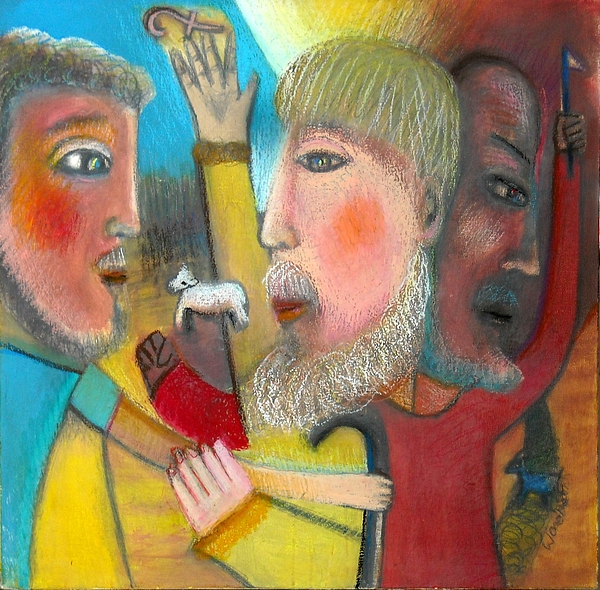
The Return of the Prodigal Son -- Ward Smith
